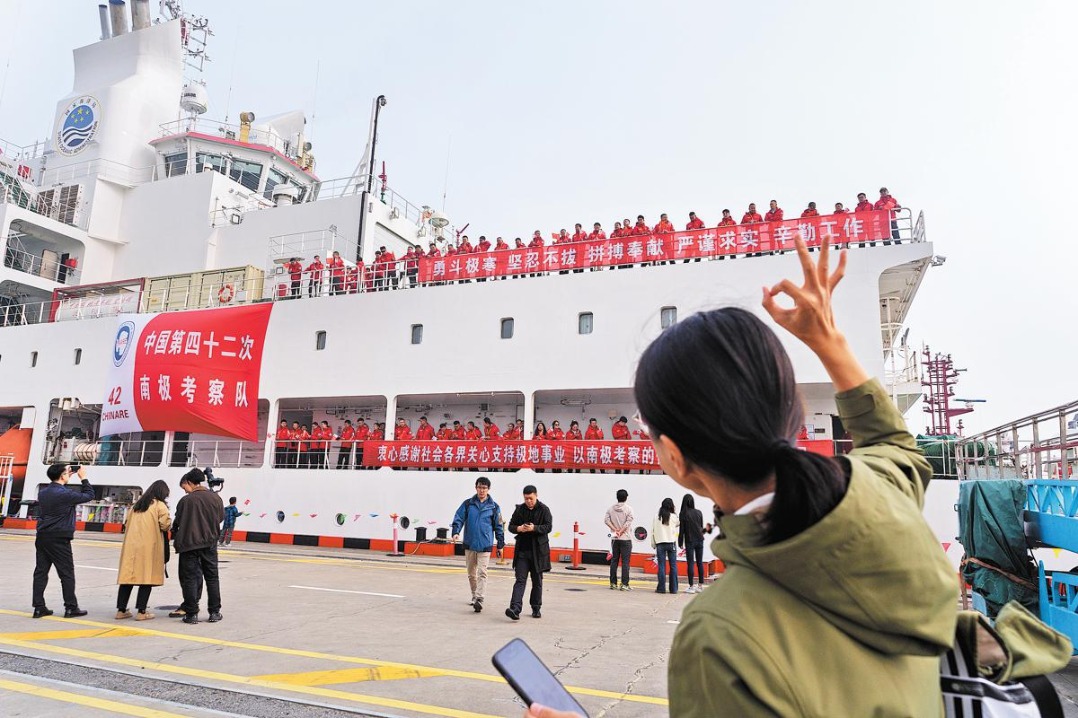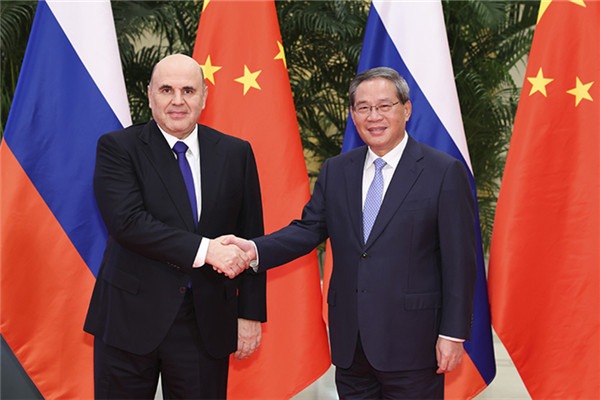China, ASEAN boost policy exchanges

A China-ASEAN seminar for administrative schools and think tanks opened on Monday in Nanning, Guangxi Zhuang autonomous region, as officials and scholars sought to deepen cooperation on governance, training and policy research across the region.
The Seminar of ASEAN-China Academies on Governance and Public Administration and Think Tanks this year focused on national governance and Asian societies. Delegates shared practical experiences in modernizing governance systems while drawing on Asian civilizational traditions.
Speakers stressed that many of the region's reform challenges require collective action.
"Like other countries in the region, the reform challenges we face now cannot be solved easily by just one country," said Soly Vannpok, vice-president of the Royal School of Administration in Cambodia. "They need to have a strong and committed dynamic stakeholder system to collaborate, support and give guidance for solving problems and achieving the common goal of building a stronger and more reliable public sector for the benefit of our people."
Several speakers found that China-led initiatives can become a new driving force for national governance and pointed to these initiatives as platforms for institutional innovation within ASEAN.
Choong Chee Keong, vice-president at Universiti Tunku Abdul Rahman in Malaysia, said programs such as the Belt and Road Initiative and related governance proposals offer ASEAN countries "multi-layered opportunities for cooperation and institutional innovation".
He said these initiatives can help transform the bloc from playing a passive role in great-power dynamics to becoming an active participant in shaping the new world order.
"Asia's future does not lie in imitating Western governance models but in activating its own civilizational genes," Choong said. He contrasted the Asian governance logic — which emphasizes shared destiny and cooperative problem-solving — with what he described as the West's zero-sum approach.
This civilizational foundation helps explain ASEAN's broadly positive response to China's initiatives, shaping a new governance logic in the region, he said.
Delegates later split into parallel sessions to examine subtopics including national governance and Asian societies, the digital-intelligent era and the improvement of national governance effectiveness, as well as regional cooperation and sustainable development.
Sun Dawei, chairman of the Chinese People's Political Consultative Conference Guangxi Committee, called for deeper China-ASEAN collaboration on think tank exchanges, artificial intelligence and youth programs.
"We should further promote a China-ASEAN AI cooperation mechanism and build a China-ASEAN AI industrial ecosystem, embracing the smart era together and sharing its benefits," Sun said.





































